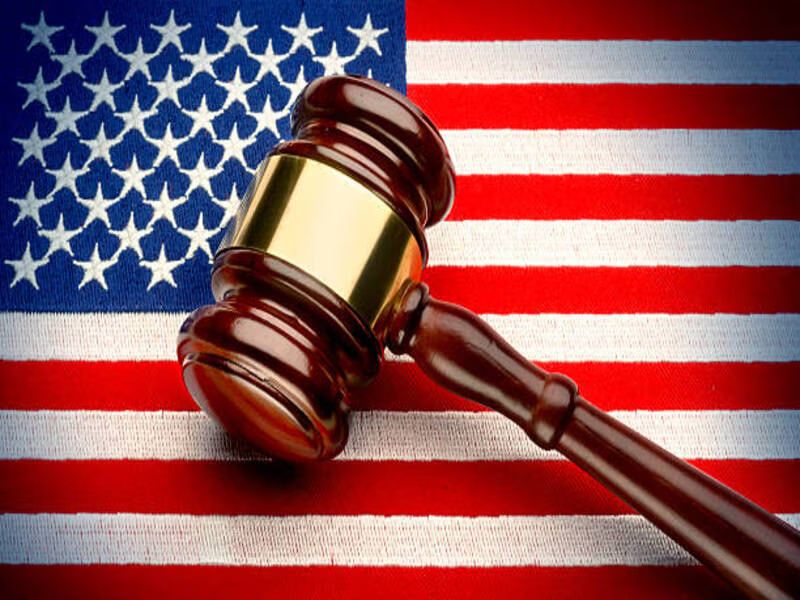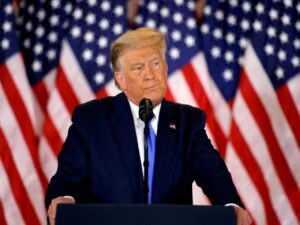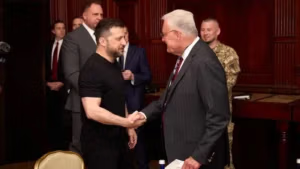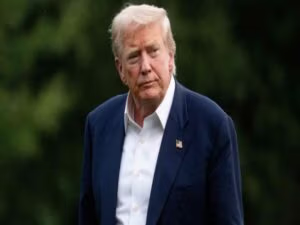The administration of President Donald Trump announced on Thursday that it imposed sanctions on approximately 100 individuals, entities, and ships, including a Chinese independent oil and petrochemicals refinery and terminal that facilitated the Iranian oil and petrochemicals trade.
The Treasury Department allowed the Shandong Jincheng Petrochemical Group, which it claimed to be an independent teapot refinery in Shandong Province, that has since 2023 acquire millions of barrels of Iranian oil.
It also approved the China-based Rizhao Shihua Crude Oil Terminal, which has a terminal at Lanshan Port. Treasury claimed that it had received an obligation exceeding 13 of the so-called shadow fleet vessels of Iran, which bypass the sanctions.
Among the tankers were Kongm, Big Mag, and Voy, which Treasury claimed that it had to transport some millions of barrels of Iranian oil to Rizhao.
The U.S. believes that the oil networks of Iran assist Tehran in financing its nuclear and missile development and other militant proxies in the Middle East. Therefore, Iran claimed that its nuclear program was peaceful.
The sanctions were imposed despite Israel and Hamas signing a Gaza ceasefire and captive exchange agreement, which, once implemented to its fullest extent, would lead to the two parties being closer than any other attempt had been up to now to end a war that had escalated into a regional conflict, involving countries like Iran, Yemen, and Lebanon.
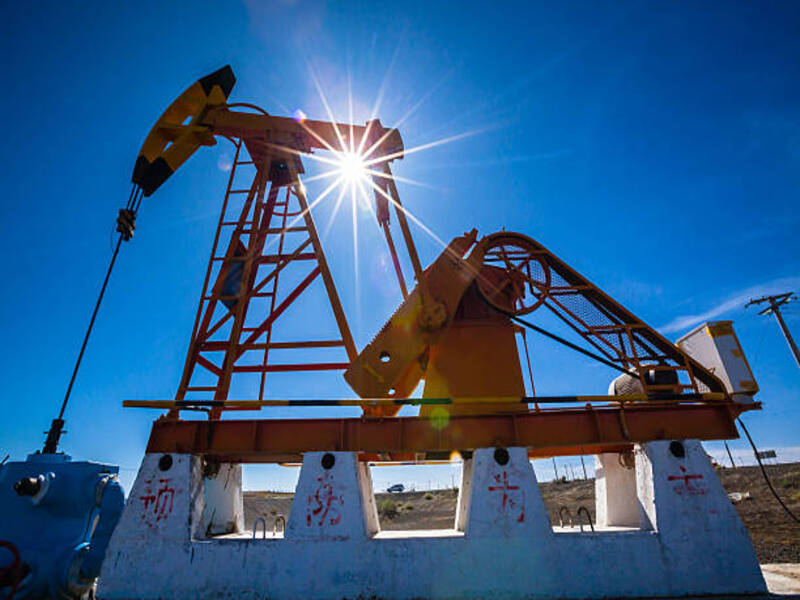
Treasury reported that it was the fourth set of sanctions where the administration targeted a China-based refinery that still buys Iranian oil.
Treasury Secretary Scott Bessent said, “The Treasury Department is degrading Iran’s cash flow by dismantling key elements of Iran’s energy export machine.”
At a Cabinet meeting in the White House following the release of the sanctions, Trump stated that Iran informed the administration that it supported the Israel-Hamas ceasefire agreement and captive agreement and that the U.S. will cooperate with Tehran.
“We’d like to see them be able to rebuild their country too, but they can’t have a nuclear weapon,” Trump added on Thursday, that he would be heading to the Middle East soon. Even with American volleys of sanctions, Iran still sells a great deal of oil.
The United Against a Nuclear Iran, which monitors the oil shipments of the country, reported that the oil exports of Iran in September were a record for the entire year of approximately 63.2 million barrels valued at approximately $4.26 billion.
UANI declared that the increase in sales in September was probably because the U.N. would be stockpiling before the lifting of sanctions on Iran.
The State Department announced the U.S also designated the first port of a China-based terminal, Jiangyin Foreversun Chemical Logistics, to accept Iranian-origin petrochemical products.
Chinese embassy in Washington and the mission of Iran to the United Nations in New York did not immediately respond to any request for comments.


